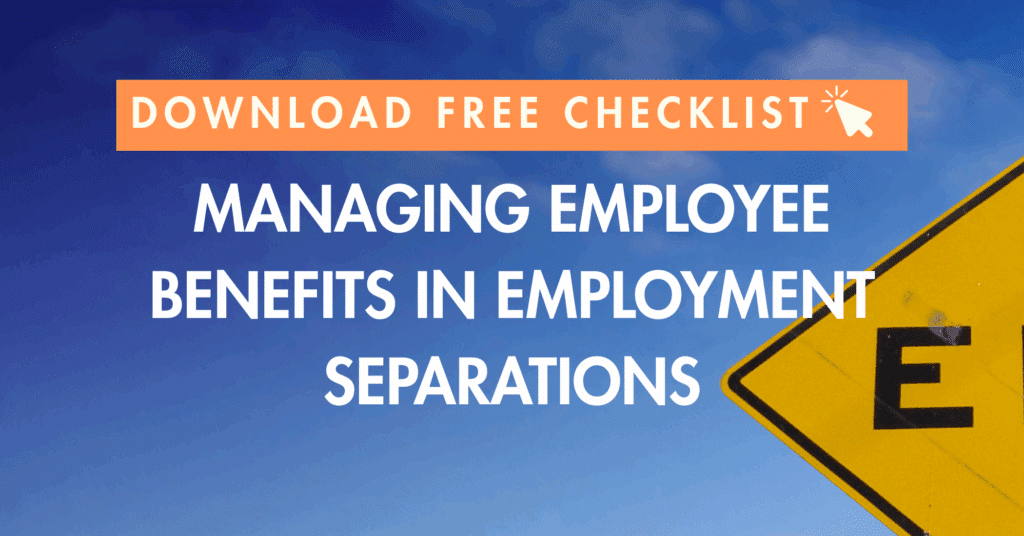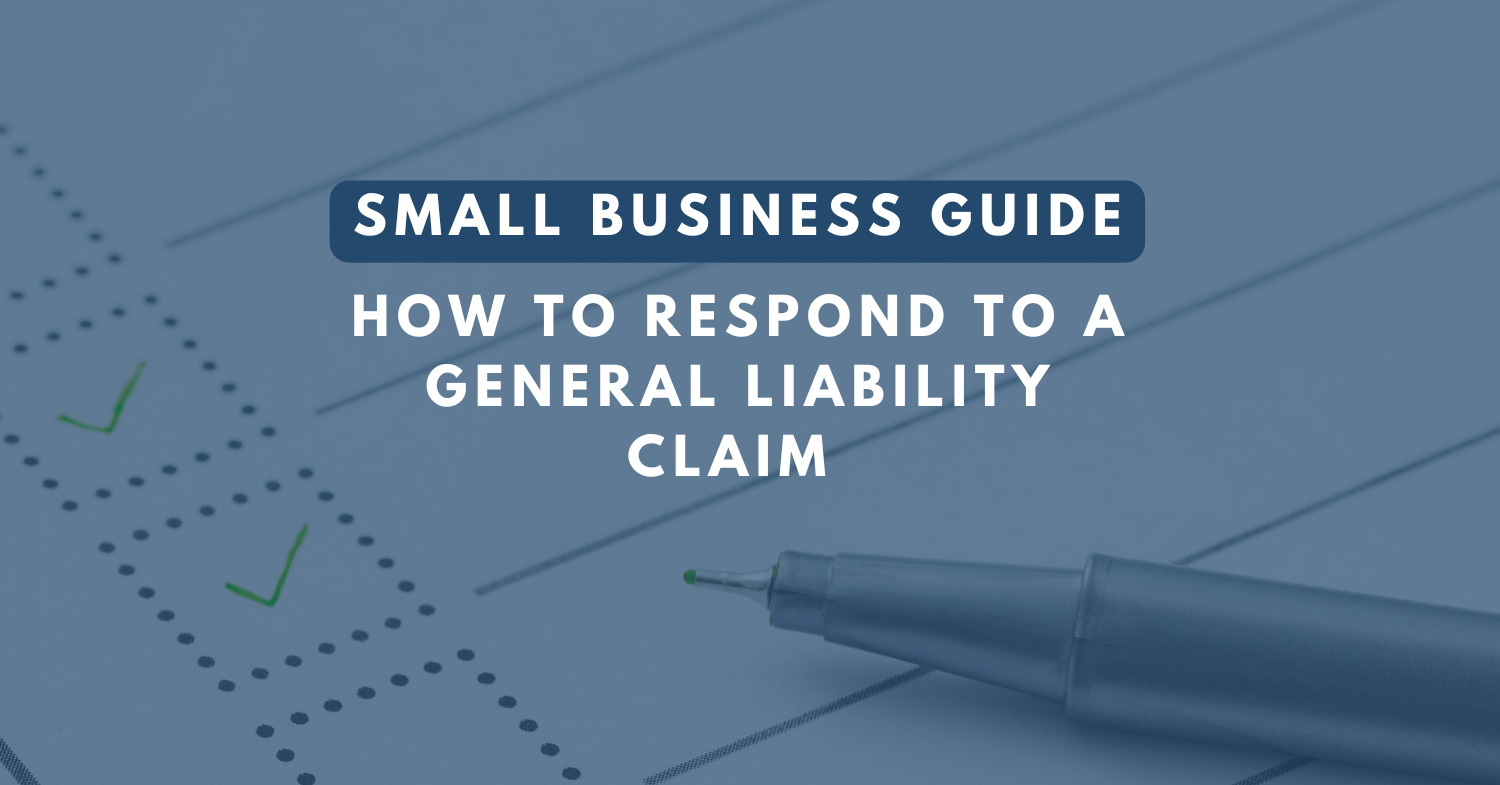Navigating Employee Benefits and Staying Compliant During Employee Separations
See How We're Different
or call us: (858) 384‑1506
Employee separation, whether voluntary or involuntary, involves many tasks that must be completed quickly. Some of these tasks include finalizing payroll, obtaining company property, transferring job responsibilities, and addressing employee benefits. Download our complete checklist HERE.
Do employee benefits end when workers leave?
Yes, regardless of the reason for the separation, employee benefits end when workers separate from employment. Here’s a closer look:
Health Insurance:
Health coverage typically ends on the day of termination or the last day of the month in which the employee works, depending on the plan. However, health coverage may be continued under COBRA or a similar state continuation coverage law, if applicable. In the U.S., if the employer has 20+ employees, the employees are usually eligible for COBRA, which allows them to continue their group health coverage at their own cost.
According to Zywave, unused balances in health flexible spending accounts (FSAs), dependent care FSAs and health reimbursement arrangements (HRAs) are typically forfeited, subject to a run-out period for submitting claims.
Group Life Insurance:
Group life insurance may be subject to conversion rights, meaning a departing employee has the legal right to convert their group life insurance coverage into an individual life insurance policy. You must notify employees about any conversion rights under group insurance policies.
Retirement Plans:
Employees can keep any vested portion of their retirement accounts, while unvested funds are usually forfeited upon separation, depending on the plan. Outgoing employees may be able to roll over funds into an IRA. Employers should consult with their retirement plan service provider to identify the available options and ensure the employee receives the required plan notices.
Paid Time Off (PTO):
Some states like California require employers to pay out unused PTO; others do not (see state list). It also depends on company policy. Sick leave is usually not paid out, but this varies by jurisdiction.
Who do you have to notify during an employee separation?
In addition to being in communication with your outgoing employee, it is your responsibility to notify your insurance carriers and third-party administrators when an employee separates from employment.
Tip: Throughout the process, keep copies of all correspondence sent to the departing employee regarding benefits termination, continuation coverage and conversion rights.

Book a call with our team for assistance establishing group health insurance and employee benefits.
Sources:
PTO Payout Laws by State in 2025 | Paycor
Continuation of Health Coverage (COBRA) | U.S. Dept. of Labor
COBRA Continuation Coverage | U.S. Dept. of Labor







